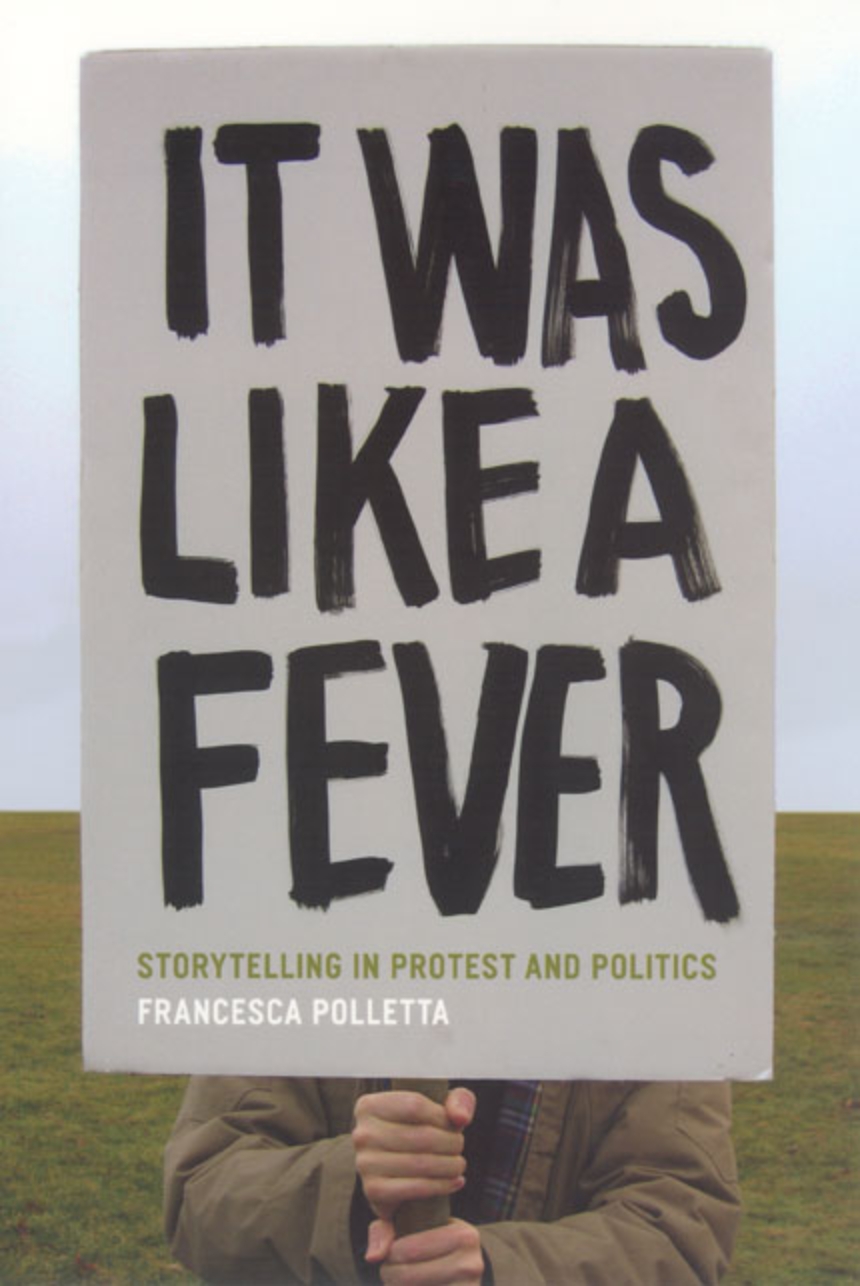It Was Like a Fever
Storytelling in Protest and Politics
Francesca Polletta’s It Was Like a Fever sets out to account for the power of storytelling in mobilizing political and social movements. Drawing on cases ranging from sixteenth-century tax revolts to contemporary debates about the future of the World Trade Center site, Polletta argues that stories are politically effective not when they have clear moral messages, but when they have complex, often ambiguous ones. The openness of stories to interpretation has allowed disadvantaged groups, in particular, to gain a hearing for new needs and to forge surprising political alliances. But popular beliefs in America about storytelling as a genre have also hurt those challenging the status quo.
A rich analysis of storytelling in courtrooms, newsrooms, public forums, and the United States Congress, It Was Like a Fever offers provocative new insights into the dynamics of culture and contention.
256 pages | 6 x 9 | © 2006
Anthropology: Cultural and Social Anthropology
History: American History
Literature and Literary Criticism: General Criticism and Critical Theory
Political Science: Political Behavior and Public Opinion, Political and Social Theory
Sociology: Social Change, Social Movements, Political Sociology
Reviews
Table of Contents
1. Why Stories Matter
2. "It was like a fever . . .": Why People Protest
3. Strategy as Metonymy: Why Activists Choose the Strategies They Do
4. Stories and Reasons: Why Deliberation Is Only Sometimes Democratic
5. Ways of Knowing and Stories Worth Telling: Why Casting Oneself as a Victim Sometimes Hurts the Cause
6. Remembering Dr. King on the House and Senate Floor: Why Movements Have the Impacts They Do
7. Conclusion: Folk Wisdom and Scholarly Tales
Notes
Index
Awards
ASA Collective Behavior and Social Movements Section: Charles Tilly Award for Best Book
Won
ASA Political Sociology Section: Distinguished Contribution to Scholarship Book Award in Political Sociology
Honorable Mention
ASA Culture Section: Mary Douglas Prize
Honorable Mention
